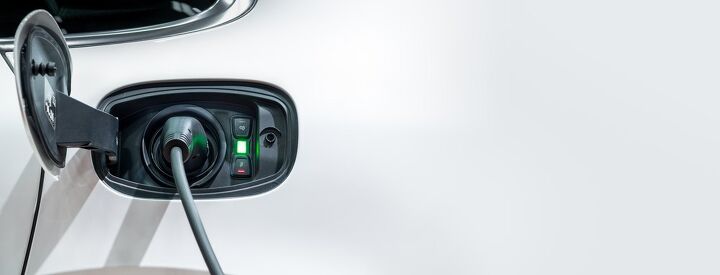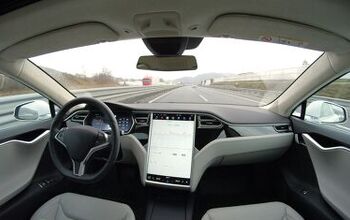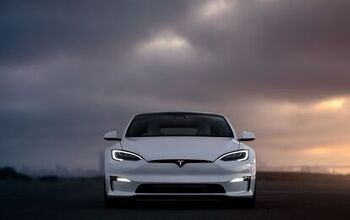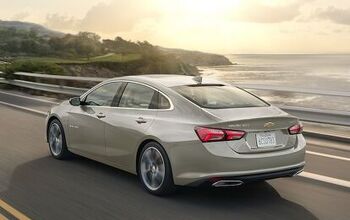EV Resurgence: Is 2024 the Turning Point for Electric Cars?
The electric vehicle (EV) market is experiencing a significant growth in 2024, with expectations for sales of passenger EVs to climb by 21 percent in 2024, reaching 16.7 million units. This growth includes both battery-electric vehicles and plug-in hybrids, with the former expected to account for 70 percent of these sales. This trend reflects a steady rise in the EV sector, despite various external factors and policy changes affecting the market.
Diverse Market DynamicsChina's Dominance
In China, EV sales are anticipated to hit nearly 10 million units, constituting almost 60 percent of the global market. However, the growth rate in China is decelerating, primarily due to market saturation in affluent regions and challenging economic conditions.
Stability in Europe
Europe is likely to witness a stable increase in EV sales, with projections of 3.4 million vehicles, marking an 8 percent rise from the previous year. This stability results from reduced subsidies and the influence of favorable company-car taxation schemes.
Uncertainty in the United States
The U.S. EV market is facing unpredictability with an expected 1.9 million EV sales. Factors such as political polarization and shifts in tax credits could influence this figure.
Growth in Emerging Economies
Countries like India, Thailand, and Indonesia are experiencing notable growth in EV sales, indicating that EVs are not limited to wealthier nations.
Surge in Commercial Electric Vehicles
The commercial EV sector is seeing significant growth, with sales expected to double to 1 million in 2024, up from 500,000 in 2023. This segment plays a vital role, considering the substantial contribution of commercial vehicles to fuel consumption and emissions.
Technological and Infrastructure Progress
Key drivers for EV market growth include advancements in battery technology, declining costs, and the expansion of public charging infrastructure, now boasting 4 million points globally. These developments are crucial for the continued expansion of the EV market, especially with the introduction of more affordable models in Western markets.
Reflection on Past Forecasts
Looking back at previous predictions, there has been a notable accuracy in aspects such as sales figures, market leaders, and infrastructure growth. One significant confirmation is BYD surpassing Tesla as the top producer of battery-electric vehicles.
Market Leadership and Prospects
The competition for EV market leadership is primarily between Tesla and BYD, with both expected to maintain their significant leads over competitors like Volkswagen.
This article was co-written using AI and was then heavily edited and optimized by our editorial team.
More by TTAC Staff
Latest Car Reviews
Read moreLatest Product Reviews
Read moreRecent Comments
- JMII Wonder what the Hyundai version will look like because I am NOT a fan of this styling.Also someone needs to explain to H/K/G that you want the dark colored interior parts were you touch/sit and the lighter color parts elsewhere. For example the door panels here are dark with light armrests - this is backwards. Genesis made the same mistake in the GV60's white/ash (grey) interior. While I greatly appreciate something other then the dreaded black cave interior did they not consider how impossible this will be to keep clean in the real world?
- JMII I see lots of ads for their CUVs but given the competition in this segment why would I buy an Outlander over a similar product from Toyota, Honda or Hyundai? Mitsubishi needs to offer something compelling, some hook or defining difference. I don't think I've encountered a single person who says "wow have you seen the new [blank] from Mitsubishi? I need to get me one of those".I owned a Mitsubishi Eclipse GS-T back in '96 and it was fun car. Mitsubishi once made interesting choices with a rally heritage - those cars were fast and pretty high tech at the time. Like Nissan they kind of fell into the we will finance anyone pool so other then an Evo as a track toy anyone I knew steered clear of them.
- ToolGuy It will be interesting to see how this does.
- TheMrFreeze Last I looked it wasn't the Gen Z'ers who had money to buy cars (or even have driver's licenses), it's us older folks who, by and large, aren't willing to risk spending that much money on a Chinese car
- TheMrFreeze Possibly a smart move by their parent company. If they position Mitsubishi here in the US to be a bargain brand, maybe build more low cost cars in places like Thailand (where the Mirage is/was built), they could possibly usurp the low-end segment of the US market the Chinese would have tried to occupy had the 100% tariff not happened. Mitsubishi does have the advantage of at least some brand recognition and an existing dealership network here in the US to start with.


































Comments
Join the conversation